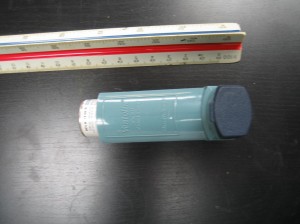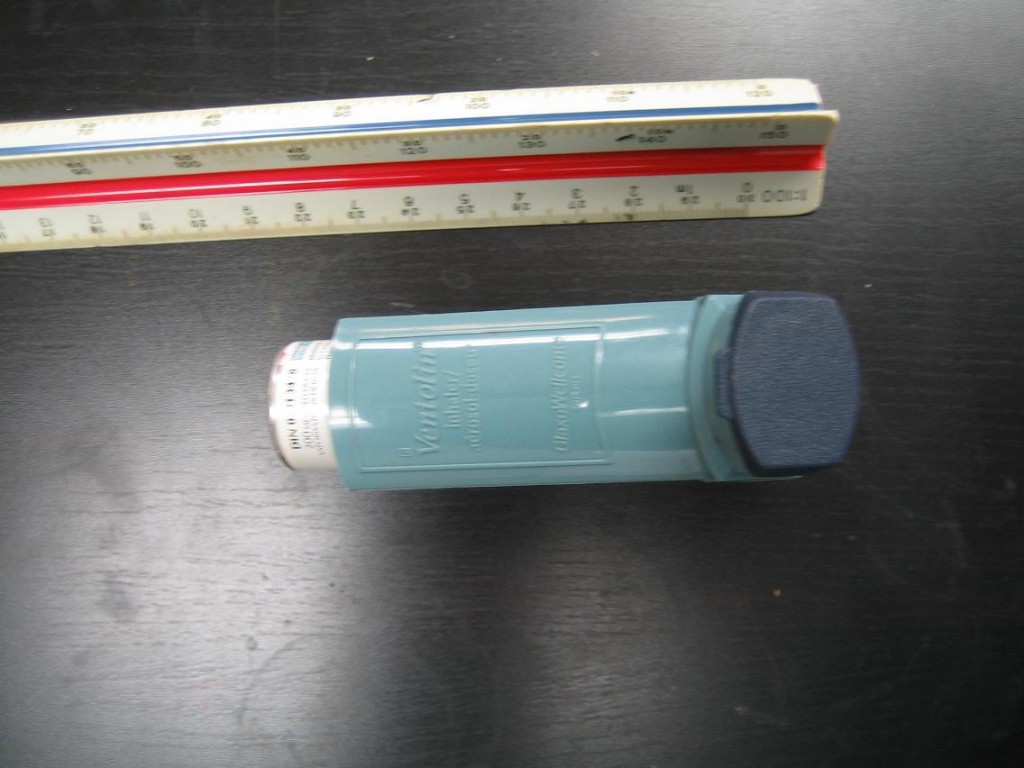Anaphylaxis is a form of allergic reaction that can develop rapidly and may sometimes result in fatal consequences. It is caused when the body’s immune system has an extreme reaction when it is exposed to triggers called allergens. The symptoms may progress so fast that it could become a life threatening condition when not treated immediately. When anaphylaxis occurs, not a second should be wasted in getting immediate help.
The information posted on this on allergic reactions and anaphylaxis is for learning purposes only. To learn to recognize and manage anaphylaxis, allergic reactions and other respiratory emergencies sign up for a first aid course near you.
What Are the Causes of Anaphylactic reaction?
Anaphylaxis is caused by a disorder of the immune system. When it is exposed to certain triggers or allergens, the system’s reaction is beyond than what is normally expected as an allergic response of the body. Common triggers of an anaphylactic attack include absorbed, consumed, inhaled and ingested substances. Common allergens include insect stings, dairy products, nuts, and various pets. It may also be caused by contrast agents that are usually used in diagnostic examinations such as CT scan or angiography.
Symptoms

The onset of symptoms of anaphylaxis varies depending on the allergens that caused the allergic reaction. If it’s something you ate, the symptoms begin to manifest within a few minutes to a few hours. Skin reactions usually occur between 5 and 30 minutes. Since the anaphylactic reaction is a potentially life threatening condition, anyone who has the following severe symptoms should be taken to a doctor for immediate treatment as soon as possible:
- Itchy skin or raised red rashes
- Swollen eyes, lips, hands and feet
- Feeling lightheaded or about to faint
- Breathing difficulties and wheezing (which may be caused by inflammation of the airways)
- Abdominal pain or feeling nauseated
- Unconsciousness or collapse
Immediate Care for severe allergic reaction
In order to prevent life threatening conditions, it is necessary to render first aid for anaphylactic reactions. If you suspect that someone is having an anaphylactic reaction, call 911 immediately and inform the operator about the possible presence of an anaphylactic reaction. If you notice potential triggers or allergens, remove it immediately to prevent further exposure.
An adrenaline injection comes very handy in cases of a serious anaphylactic reaction. Doctors usually prescribe it to individuals who are at high risk for the condition. When coming to the rescue of a person with a severe allergic reaction, ask if an adrenaline injection is available. Give the victim a shot of adrenaline on the muscular area on the outer thigh. The person will feel relieved of their symptoms within 5 minutes. An asthmatic person should also be given an inhaler to control breathing during and after the allergy attack.
If the person is unconscious, check the airway and ensure that it is clear by tilting the head or lifting the chin. Observe also for the breathing pattern of the person. Place him in a recovery position (side lying position, body supported by one arm and one leg) to prevent aspiration when he chokes or vomits. If the person is conscious and has trouble breathing, have him or her sit up to assist with breathing. Artificial respiration can be provided if breathing is difficult. If he feels like fainting, have him lie down with his legs elevated to prevent heart attack. If the person is unconscious, is not breathing, and does not have a pulse, age-appropriate cardiopulmonary resuscitation should be done.
Reference:
MedlinePlus. Allergic Reactions. Retrieved on June 23, 2014 from http://www.nlm.nih.gov/medlineplus/ency/article/000005.htm

